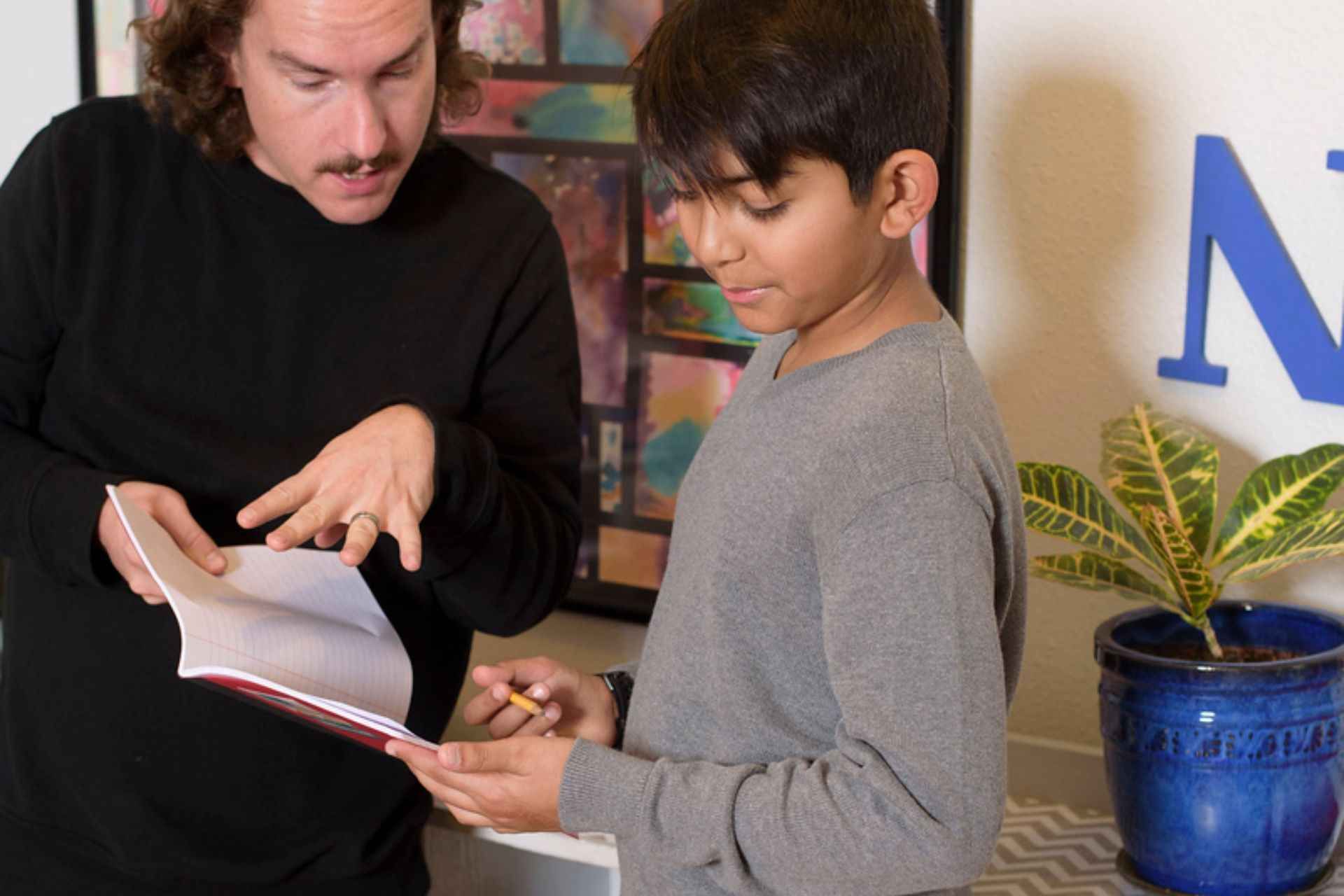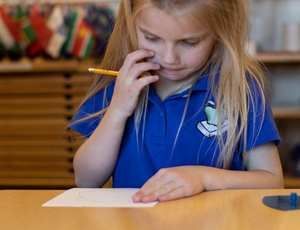Montessori and Learning to Give
By Jennifer Cattell
Montessori philosophy has been one of the most progressive childhood pedagogies that has survived almost unchanged for over 150 years. Schools exist in almost every country of the world due in part to the method’s ability to adapt to different cultural and socio-economic environments. Just as important is the engagement of the child’s creative intelligence in the microcosm of the universe we call a classroom.
As Montessori observed the children in their environments, she began to recognize that peace education was vital in creating a peaceful and just society. Maria devoted the remainder of her life to the rights of children. Her involvement in UNESCO and countless hours of writing, lecturing, and training teachers she earned multiple nominations for the Nobel Peace Prize.
One component of peace education you will see in Montessori schools is the incorporation of community service activities. Maria Montessori recognized that between the ages of 10-12, children have a natural compassion and sympathy for others. She believed that during this sensitive period those emotions should be channeled in a positive way to help the children build self-confidence and overall social and emotional development. Typically, you will find programs that are focused on serving others such as animals, the elderly, children in need, and the handicapped.
Lastly, Montessori’s own contribution to the issue of world peace and her strong belief that childhood education is the master route to build a more compassionate humankind were one of the stepping-stones for the institution of UNESCO. In 1932, Montessori gave a lecture on “Peace and Education.” These are excerpts from that lecture:
“If education recognizes the intrinsic value of the child’s personality and provides an environment suited to spiritual growth, we have the revelation of an entirely new child, whose astonishing characteristics can eventually contribute to the betterment of the world.”
“I believe that the new adults who emerge from a more tranquil childhood will use their intellects and achievements to find a means to end the fury of war.”
“Monumental changes are needed to establish peace in the world: first, the maturing of adults to a higher level of development and, then, the providing of an environment that will no longer deprive any human being of the basic needs of life.”
“Through new education, we must enable children to grow up with a healthy spirit, a strong character and clear intellect, so that as adults they will not tolerate contradictory moral principles but will gather human energies for constructive purposes.”






